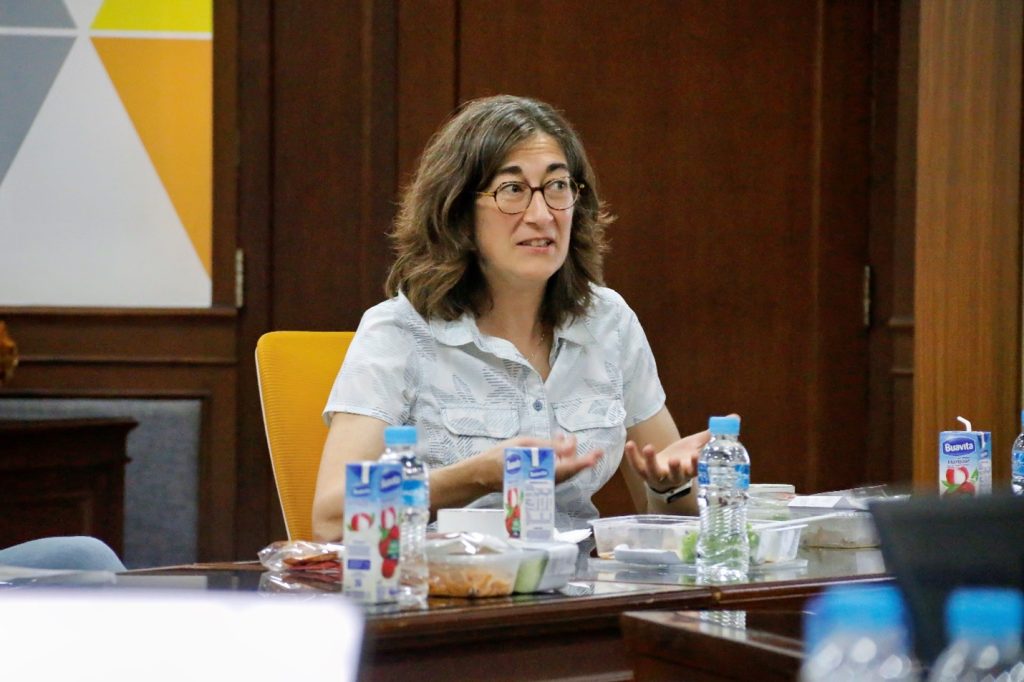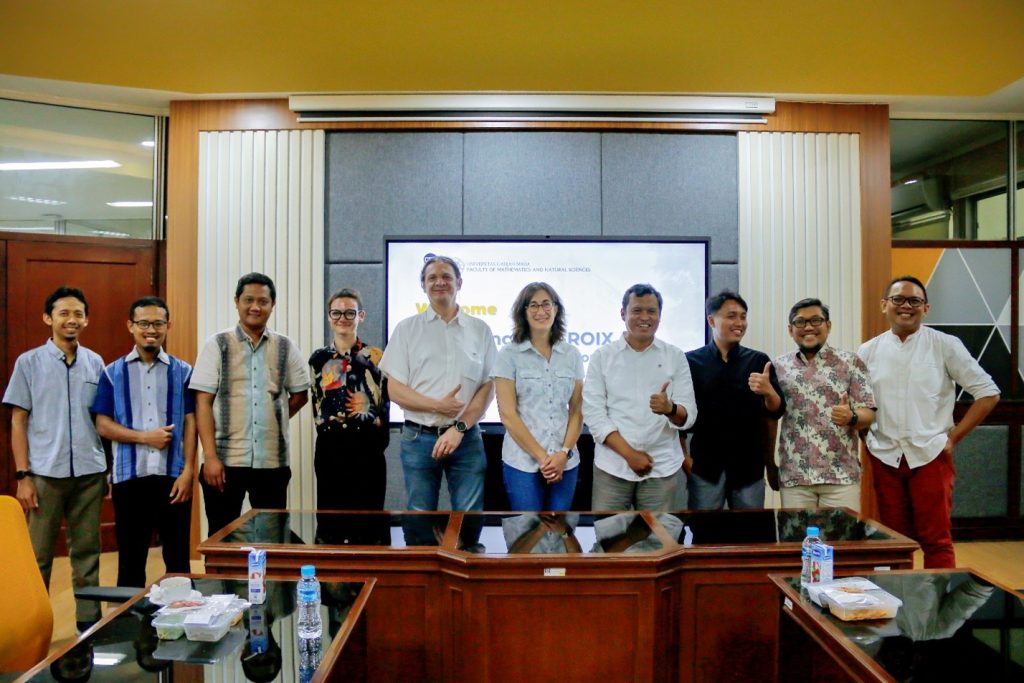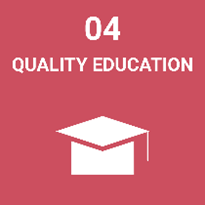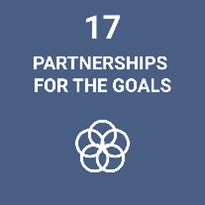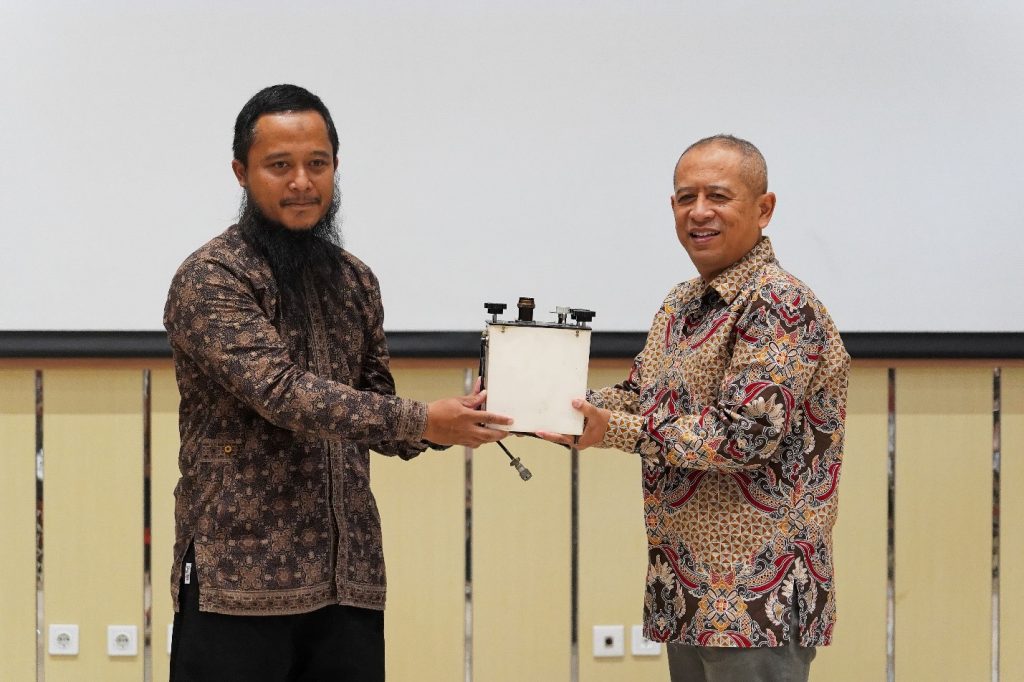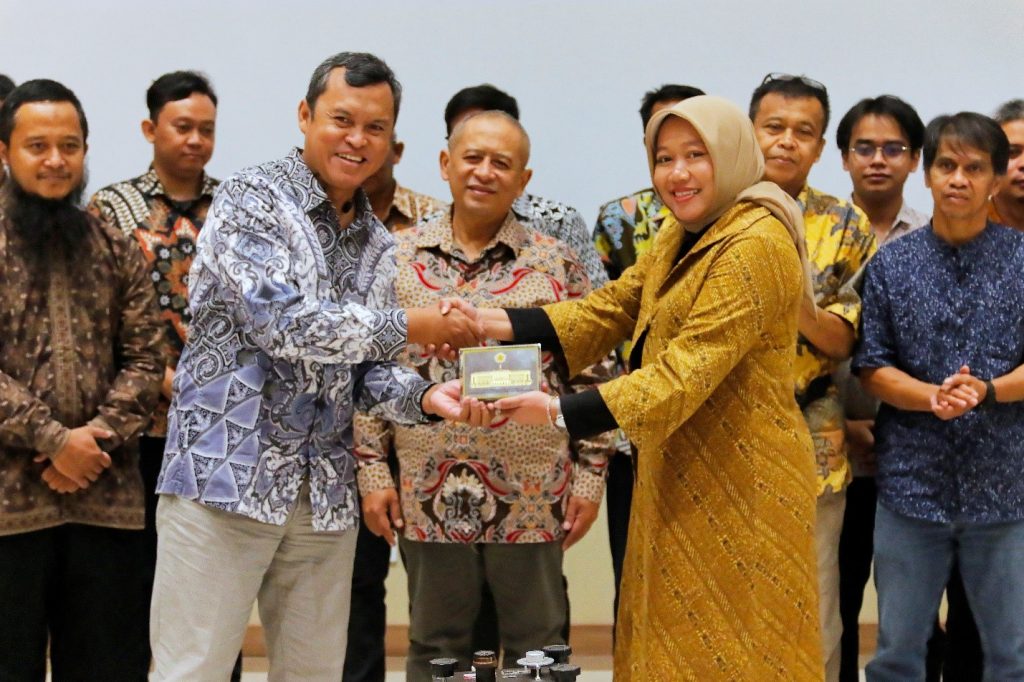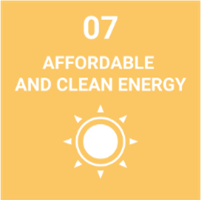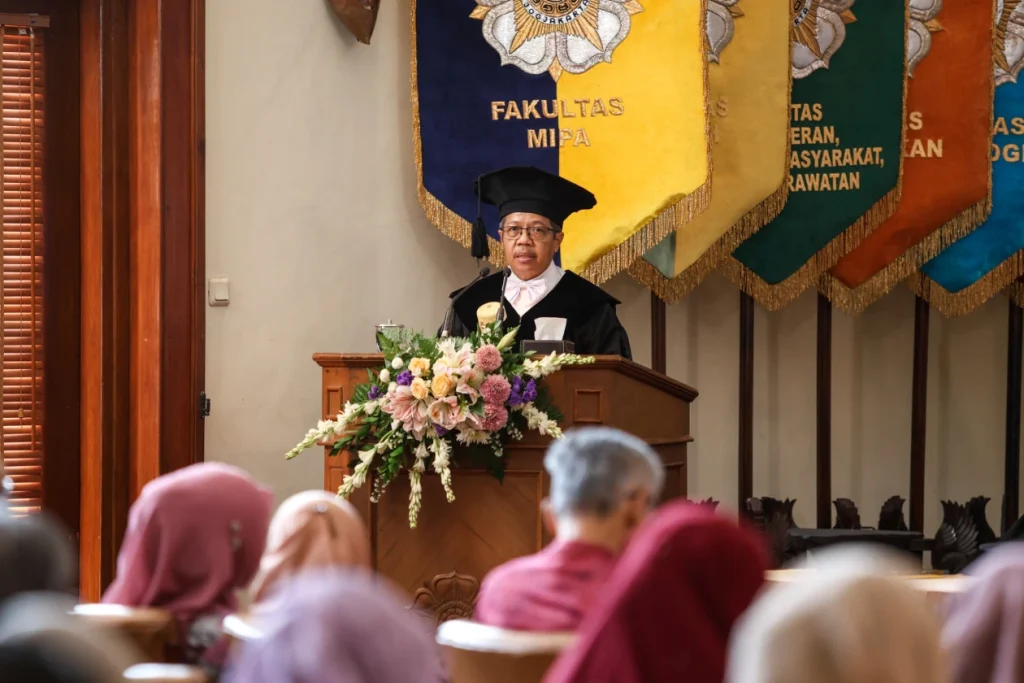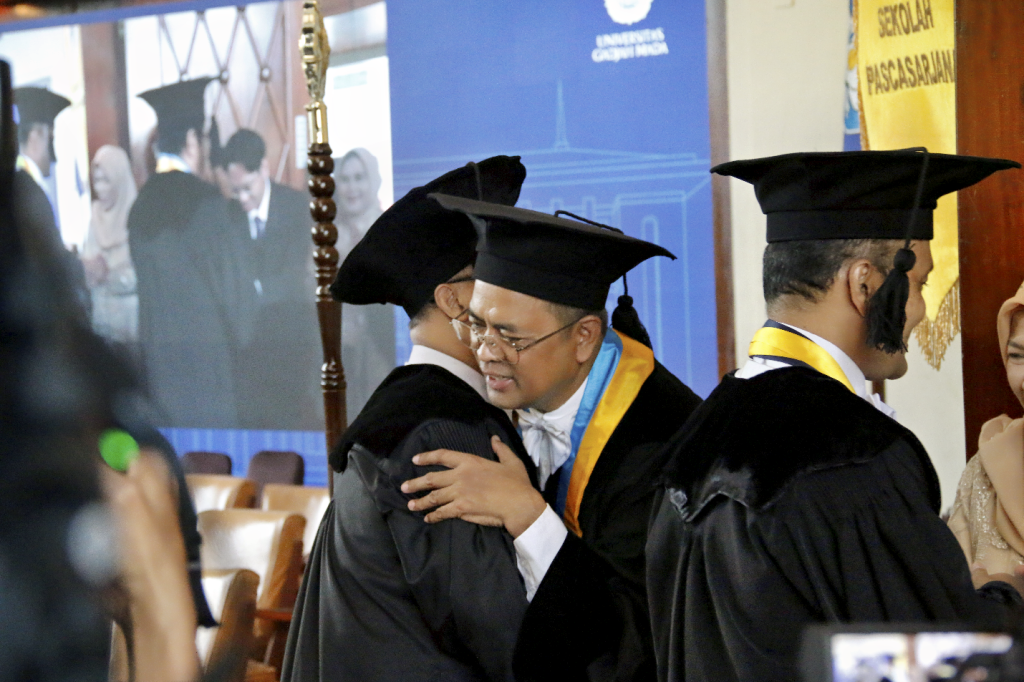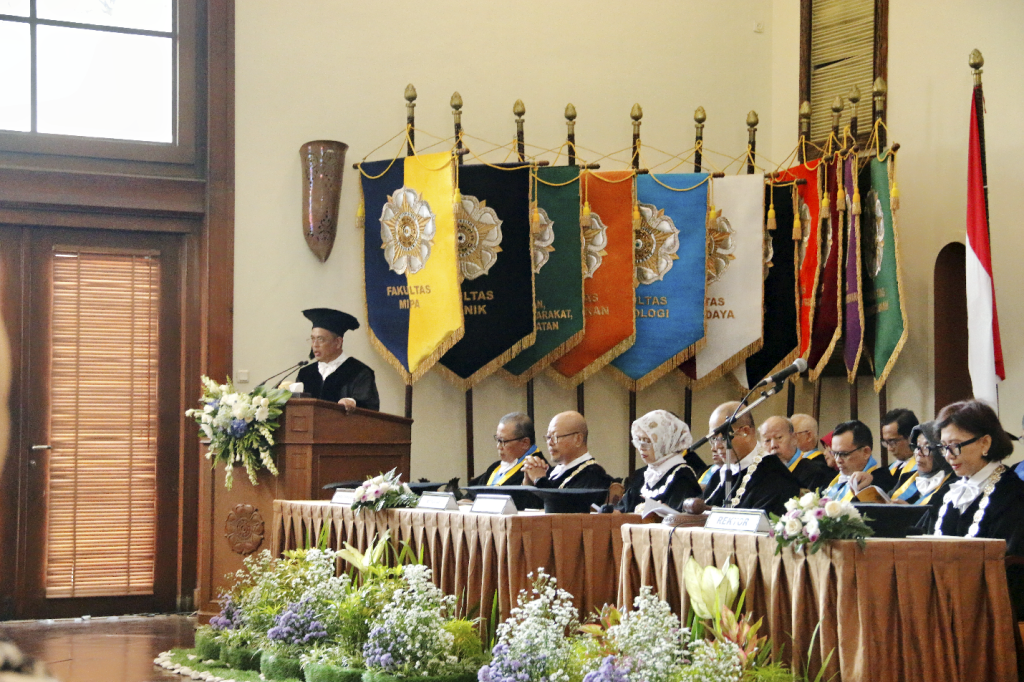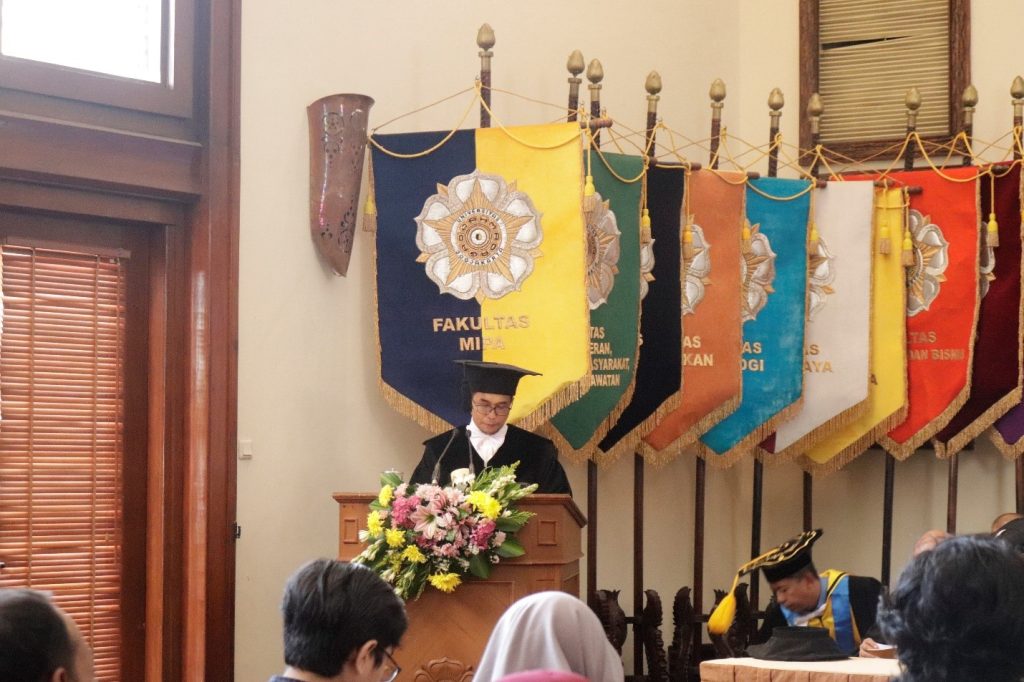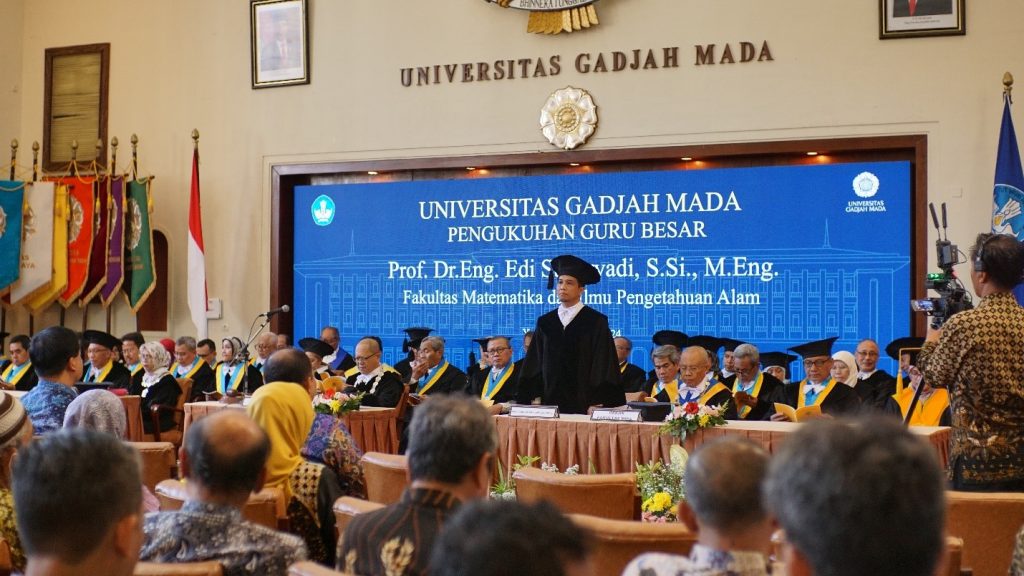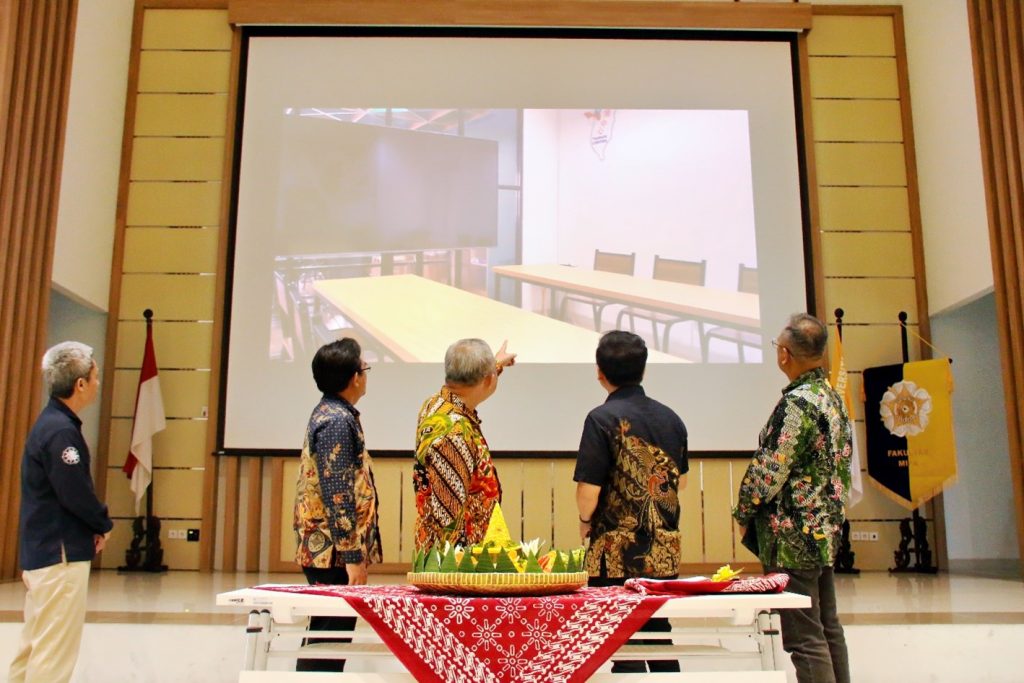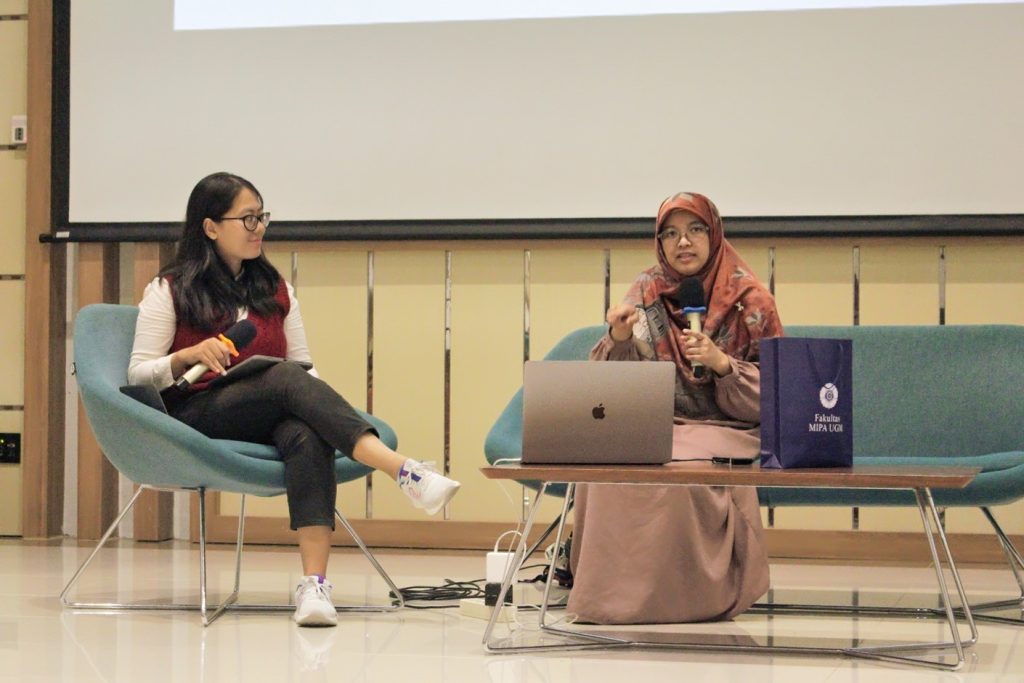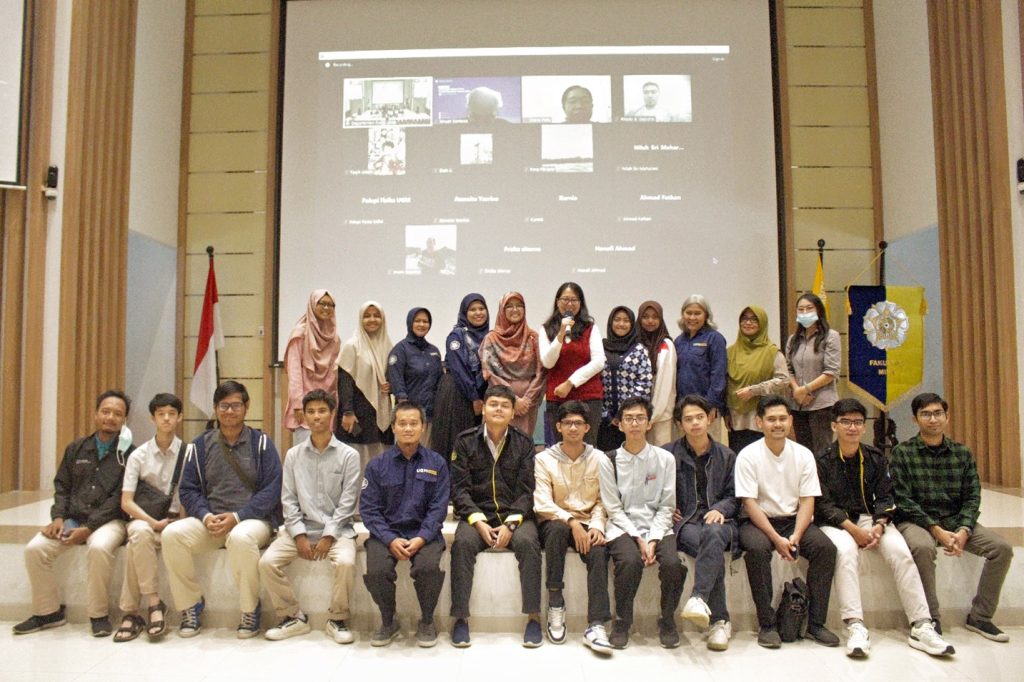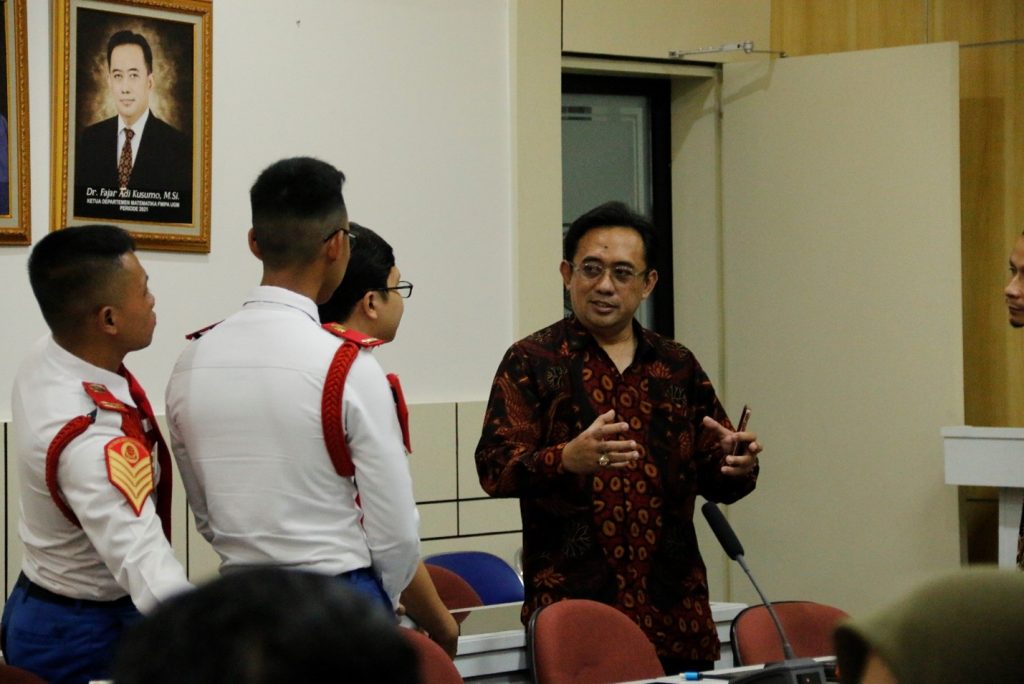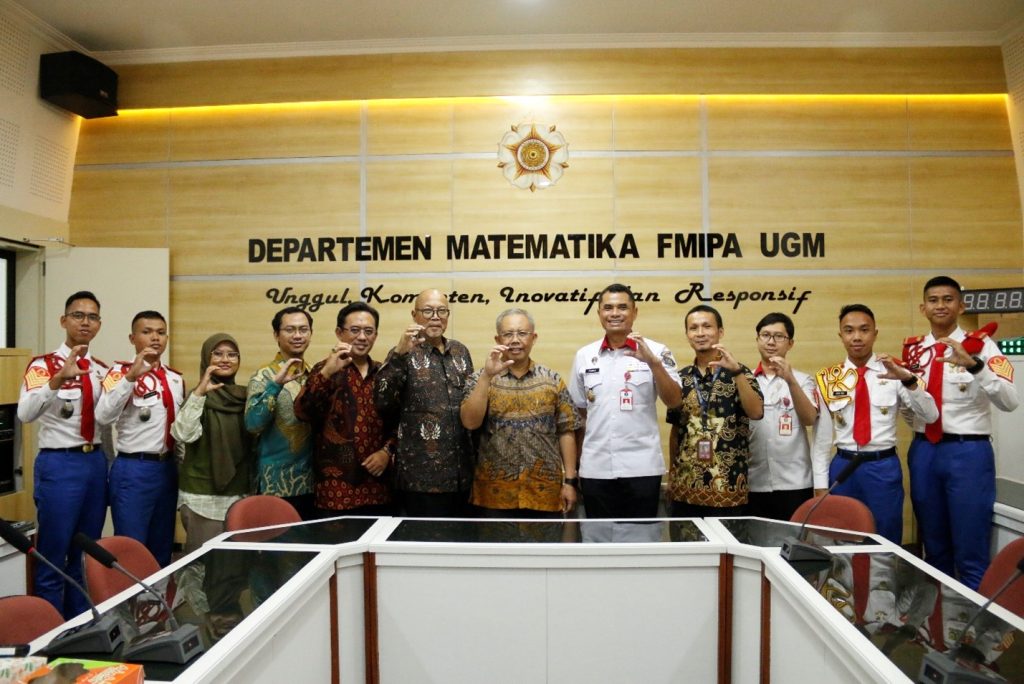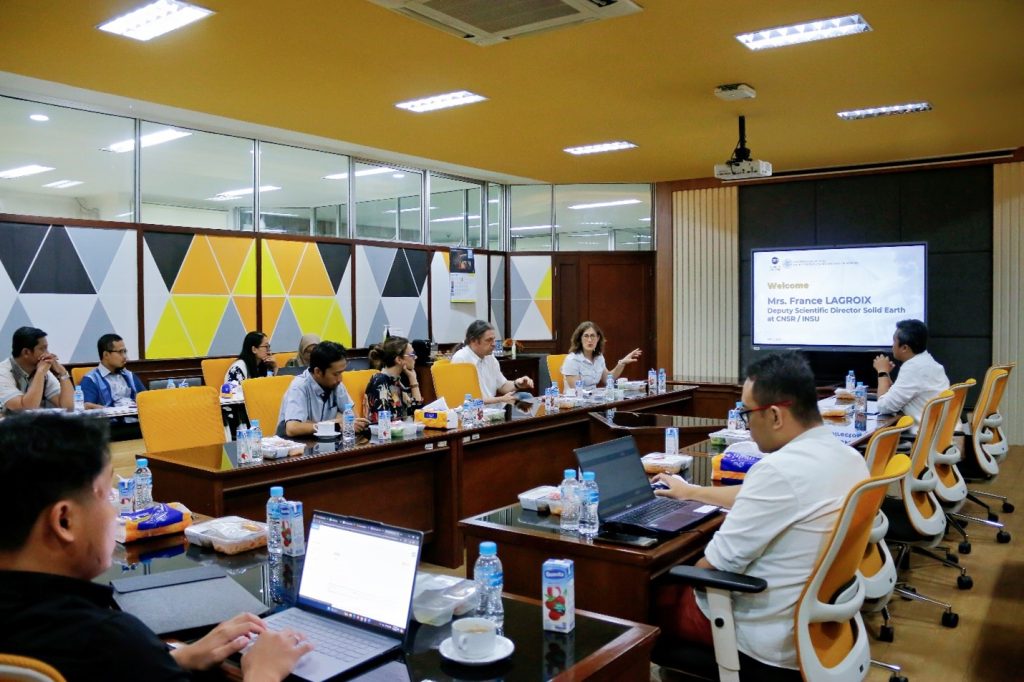
Kunjungan Tim Peneliti Perancis di FMIPA UGM: Siap Kolaborasi di Ilmu Geosains
FMIPA UGM menerima kunjungan dari tim peneliti asal negara Prancis pada Selasa, 2 Juli 2024 di Ruang Sidang FMIPA UGM. Kunjungan diterima langsung oleh Dr. Wiwit Suryanto, M.Si., selaku Wakil Dekan Penelitian dan Bidang Pengabdian Masyarakat FMIPA UGM sekaligus dosen program studi Geofisika UGM.
Tim peneliti dari Perancis diketuai oleh France Lagroix selaku Deputy Scientific Director Solid Earth.
Dalam sesi diskusi dan tanya jawab, Wiwit memaparkan profil dari fakultas dan penelitian yang dilakukan khususnya di bidang geofisika dan geosains.
“Kami memiliki program studi reguler dan internasional juga. Di sisi lain, kami juga memiliki mitra industri yang telah bekerja sama dengan kami,” papar Wiwit sembari menunjukkan deretan mitra-mitra kolaborator seperti Pertamina, PGN SAKA, Schlumberger, dan JICA.
Kemudian diskusi berjalan dengan berbagai pertanyaan dari tamu berupa apa yang menjadi ciri khas atau representasi dari FMIPA UGM. Wiwit menjelaskan bahwa studi yang dilakukan di FMIPA berupaya mengintegrasikan ilmu-ilmu yang ada di fakultas seperti pengembangan inovasi untuk keamanan siber.
“Ada isu tentang keamanan siber. Kita mencoba untuk mengembangkan modelling matematika untuk pembuatan keamanan siber. Dari ilmu murni dan konsep dasar matematika menjadi matematika terapan melalui pembuatan machine learning,” papar Uha Isnaini, selaku dosen program studi Matematika FMIPA UGM.
Selanjutnya, terdapat beragam ciri khas yang menjadi pembanding antara studi sains di Perancis dengan FMIPA UGM yaitu berupa fokus studi.
“Dibandingkan dengan program kami, program FMIPA UGM lebih fokus di lapangan sedangkan kami di akademik,” papar Lagroix.
Dari agenda kunjungan yang ada, FMIPA UGM turut mendukung poin 4 SDGSs mengenai Pendidikan Berkualitas melalui akses terhadap pendidikan di masing-masing institusi. Selain itu, FMIPA UGM juga menyambut baik institusi dalam kemitraan untuk mencapai tujuan di bidang pendidikan, teknologi, dan inovasi sesuai dengan poin 17 SDGs.
Penulis: Febriska Noor Fitriana
Foto: Hero Prakosa Wibowo Priyanto
